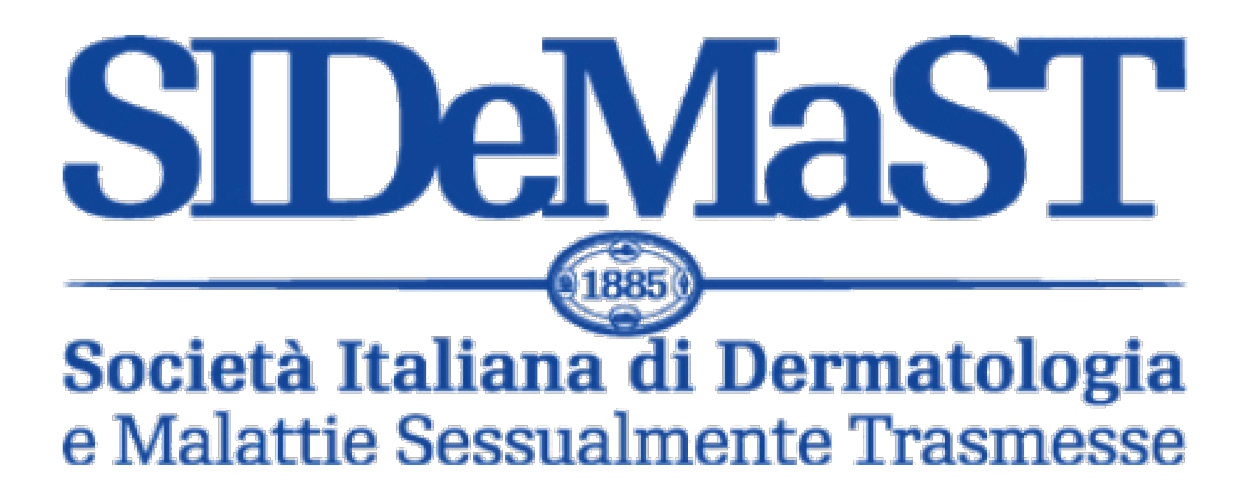Objectives: We intended to find out if Laser treatments, ablative and non-ablative as monotherapy or in combination can represent a meaningful treatment options in selected cases.
Introduction: With a clear increase in the incidence and a continuously earlier onset, the
treatment options for localized resectionable basal cell carcinoma
include micrographically controlled surgery, simple excision, curettage, laser ablation,
cryosurgery, imiquimod, 5-fluorouracil, photodynamic treatment and radiotherapy.
Nonsurgical treatment options are more suited for cases in which surgical procedures lead to disfigurement or functional impairments or for patients with a high surgical risk. Laser treatment, ablative and non-ablative as monotherapy or in combination can represent a meaningful tre
Materials / method: IN pub med and and multiple journals we searched for the use of lasers in NMSC , esp. BCC, their paramenters and results.
Results: Laser ablation with Er:YAG and CO2 lasers continues to be of interest as a potentially less invasive alternative to surgery for the treatment of low-risk superficial and nodular subtypes of BCCs. The lack of histopathological confirmation has been a limitation but a reflectance confocal microscopy (RCM) imaging-guided approach offers cellular-level histopathology-like feedback directly on the patient.
Ablative fractional lasers (AFXL) enhance uptake of topical therapeutics and the concept of fractional laser-assisted drug delivery has now been taken into clinical practice using 5 FU, Imiquimod
Conclusion: In recent years there has been an increase in evidence about the effects of laser treatment of basal cell carcinoma; nevertheless, further studies with a high level of evidence are necessary.
Divulgação de informações
Você recebeu algum patrocínio para sua pesquisa neste tema?
Não
Você recebeu algum tipo de honorário, pagamento ou outra forma de compensação por seu trabalho neste estudo?
Não
Você possui relação financeira com alguma entidade que possa competir com os medicamentos, materiais ou instrumentos abordados no seu estudo?
Não
Você detém ou pediu a registro de patente para algum dos instrumentos, medicamentos ou materiais abordados no seu estudo?
Não
Este trabalho não recebeu nenhum patrocínio direto ou indireto. O mesmo está sob a própria responsabilidade do seu autor.


















